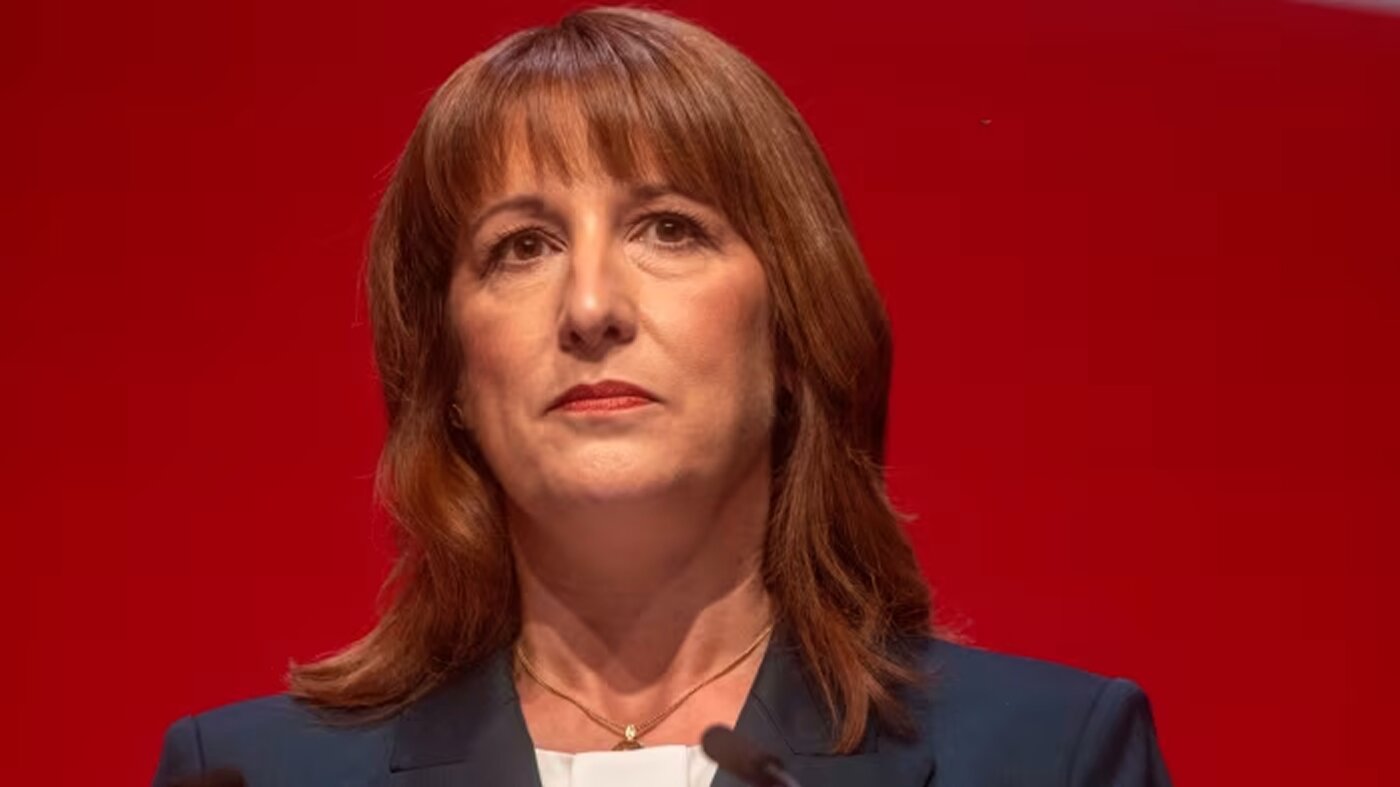The £100k Tax Trap: A Hidden Penalty on Success
Earning £100,000 a year has long been considered a milestone of financial success in the UK but under current tax rules, it has become one of the most punishing income brackets in the system. Experts warn that the “£100k tax trap” is discouraging ambition, squeezing middle-class professionals, and pushing skilled workers to consider relocating abroad.
The problem lies in how the personal allowance the amount of income you can earn tax-free is withdrawn once earnings exceed £100,000. For every £2 earned over this threshold, £1 of the personal allowance is lost. By the time income reaches £125,140, the allowance disappears entirely.
An Effective Tax Rate of 62 Percent
This tapering effect means that people earning between £100,000 and £125,140 face an effective marginal tax rate of 62 percent far higher than the 45 percent top rate applied to higher earners above that threshold.
Tax experts, including Dan Neidle, have described this system as “irrational and unfair,” arguing that it penalises professionals at a key point in their careers. Neidle told MPs last week:
“I don’t know anyone who rationally thinks we should have a top rate of 62% between £100,000 and £125,000 and then a top rate of 47% after that. It’s not rational, but that’s the system we have.”
The rule, introduced by former Labour Chancellor Alistair Darling in 2010, has remained unchanged for over a decade despite inflation, rising living costs, and repeated calls for reform.
The Real Cost of Reaching Six Figures
Despite appearing affluent on paper, a household with one person earning £100,000 can find most of their income consumed by taxes, mortgages, and childcare costs. After deductions for income tax, National Insurance, and pension contributions, the take-home pay often drops below £5,700 per month and that’s before living expenses.
In areas like London and Surrey, where housing and childcare costs are significantly above the national average, families on this income often struggle to save or invest. “It’s not a salary that buys you luxury anymore,” one financial adviser said. “It buys you survival in expensive postcodes.”
Childcare and Benefit Cliffs Deepen the Squeeze
The financial hit doesn’t stop at taxes. Families earning above £100,000 also lose access to vital childcare support, including tax-free childcare worth up to £2,000 per year and 30 hours of free childcare for children aged 9 months to 4 years potentially worth £20,000 annually for two children.
This means that even a £1,000 pay rise that pushes an income just over the threshold can leave families worse off overall, after accounting for lost benefits and increased taxes.
A System That Discourages Progress
Economists warn that the £100k threshold has become a psychological and financial barrier, deterring professionals from taking promotions or additional responsibilities. Some employers report senior staff turning down pay rises to avoid crossing the line.
“The tax trap is effectively punishing productivity,” said one labour market analyst. “It’s a design flaw that discourages people from working harder or earning more.”
Reeves Faces Mounting Pressure for Reform
As Chancellor Rachel Reeves prepares for her second Budget, pressure is mounting to fix what has been called “the most irrational tax threshold in Britain.” However, with a £30 billion fiscal shortfall and pledges not to raise income tax, VAT, or employee National Insurance, Reeves may have limited room to manoeuvre.
Critics argue that Labour’s talk of “asking those with the broadest shoulders to contribute more” risks deepening the problem. “The truly wealthy will always find ways to avoid tax,” said one tax policy expert. “It’s the aspirational middle class the professionals, entrepreneurs, and skilled workers who end up paying the price.”
A Legacy of Policy Failures
While the current government faces scrutiny, many observers point out that both major parties share responsibility. The Conservatives, in power for 14 years, left the threshold unchanged and allowed inflation to erode real incomes. Now, Reeves’s Labour administration appears poised to continue that approach or make it worse.
The Institute for Fiscal Studies has previously suggested that if the £100k threshold had risen in line with inflation, it would now stand at around £156,000, shielding tens of thousands from excessive marginal tax rates.
Conclusion: A Trap That Needs Fixing
The £100k income threshold highlights one of the UK’s biggest tax distortions a system that discourages ambition, penalises parents, and undermines growth.
Unless future Budgets address this imbalance, Britain risks losing more of its high-skilled workers to countries with fairer, flatter tax regimes.











